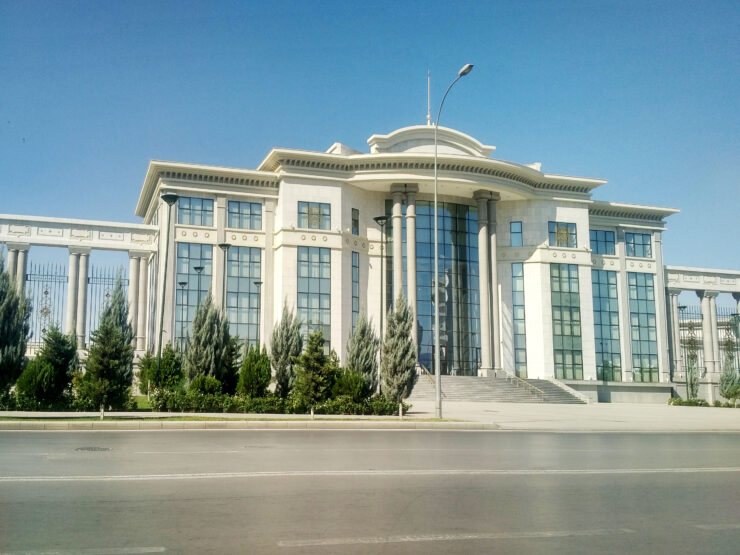“It is imperative for the University of Ottawa to provide adequate mental health resources for Afghan students.”
Aug. 15 of 2022 marked one year since the Taliban marched on Kabul and reasserted control over Afghanistan.
Since then, the government of Canada announced it will resettle at least 40,000 Afghan refugees through several special programs aimed at protecting the most vulnerable groups, including journalists, LGBTQIA+ individuals, human rights defenders, and women leaders.
Currently, a little over 22,000 Afghan refugees have arrived in Canada, many of whom have been integrated into the University of Ottawa (U of O) community.
Huda Amin, a second-year student in health sciences and president of the Afghan Students Association (ASA), said the association was formed to provide support to these new students.
“The Afghan Students Association is a group at the University of Ottawa which recently formed during the influx of Afghan refugees in the past year. After the fall of Kabul in 2021, Afghan students at the university noticed the lack of [community] support for Afghan Canadians in Ottawa — hence the formation of the group.”
“The association’s mission is to support new Afghan refugees, as well as the greater Afghan diaspora in Ottawa through programs and initiatives aimed at creating a sense of belonging and identity within the community,” wrote Amin in an email to the Fulcrum.
On Aug. 28, the ASA organized an event for solidarity between new arrivals and members of the existing Afghan community in Ottawa.
“Our organization recently held a Cultural Banquet … catering and seating over 160 people. Amongst the attendees were those who wanted to educate themselves, as well as students, youth, and community members who wished to strengthen their Afghan-Canadian identity. Families who had recently immigrated to Ottawa were invited, as well,” explained Amin.
“Due to the massive success of our first event, we are currently in the process of donating the revenue that was generated to a reliable and trustworthy organization that is committed to working on the ground to assist those in Afghanistan, as well as recent refugees,” she added.
While the encouragement from her fellow Afghan-Canadians has been strong, Amin says the U of O has failed to provide adequate support.
“Since the fall of Kabul in 2021, the University of Ottawa has not provided tangible support for Afghan Students or refugees, nor have they reached out to provide resources for students who have been directly impacted by the ongoing situation back home,” said Amin. “It is imperative for the University of Ottawa to provide adequate mental health resources for Afghan students, as well as resources for recent Afghan refugees to aid them in their educational success at a time when they need it most.”
In 2012, the Refugee Hub was founded at the U of O to “foster innovative new pathways, programs, and partnerships that leverage the welcoming capacity within our communities.” The Hub was an integral part of the 2018-2019 Blended Visa Office-Referred (BVOR) fund, which raised more than $7 million to resettle close to 2,000 refugees to Canada.
With regard to the U of O community at large, Amin emphasized the importance of staying informed and practicing empathy.
“Staff members and students should be educated and aware of the situation, be sensitive in topics and discussions, and accept any mitigating circumstances regarding the situation.”
While they do not currently engage volunteers, the Hub welcomes “individuals to send CVs and an explanation of their interest in [the Refugee Hub’s] work to info@refugeehub.ca.”





